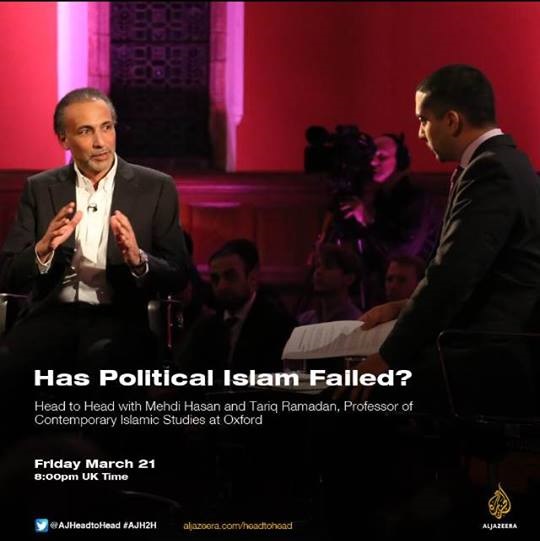In this piece, Oussama argues that the shift from physical newspapers to online reading has brought changes in reading habits. According to him, selectivity, credibility, and self-discipline play vital roles in navigating through the vast amount of information available. Oussama notes that while condensed news on social networks informs, it may not foster understanding. Promoting reading, filtering content, and valuing education are essential for intellectual growth and informed citizenship, he stresses.
I grew up watching people hold and read newspapers in public places like cafes and parks. It was often a morning routine for many to buy their favorite paper and read it while sipping their coffee or tea. Over time, holding papers and turning pages turned into carrying smartphones and endlessly scrolling up and down.
Without a doubt, reading has evolved. Many people have switched from physical newspapers to e-papers for various reasons, such as lower subscription costs and a wider range of articles and topics. Moreover, newspapers aren’t stored on shelves like books since they’re meant for daily consumption. As a result, they can be harmful to the environment if not recycled. With social distancing measures imposed by Covid-19, many people avoid physical contact with objects, including newspapers, as they go through a long chain from printing to distribution. So, reading online can be a good alternative when used appropriately.
Websites, especially social networks, provide people with condensed news. A complex political situation or an important economic viewpoint can be compressed into a tweet or a Facebook post to attract attention. Although this does inform the audience about the news, it doesn’t cultivate their understanding. In other words, people today are somewhat informed about what’s happening around them, but they’re not gaining the benefits that reading is supposed to bring. Few people these days can discuss and promote an idea because they haven’t been exposed to “real” articles that instruct them on how to do so. Of course, there are good articles online, but finding them requires effort and time that many of us are not willing to invest.
Online readers should be selective and thoughtful. They should prioritize credibility when trusting a website or a news source to avoid the spread of misinformation. Furthermore, because the internet is a free platform, people must exercise self-discipline to filter what they’re exposed to. Reading about different topics can be beneficial, but certain ideas can lead to indoctrination or recruitment by specific groups. People should read to become informed and educated. They can practice the languages they know and even strengthen them while reading online in various languages—a feat that was difficult in the past due to the high cost and scarcity of foreign newspapers.
We all have a responsibility to promote reading and raise awareness about the importance of selecting the reading content we consume. In this way, we can ensure the education of a nation and enhance its intellectual acumen.



